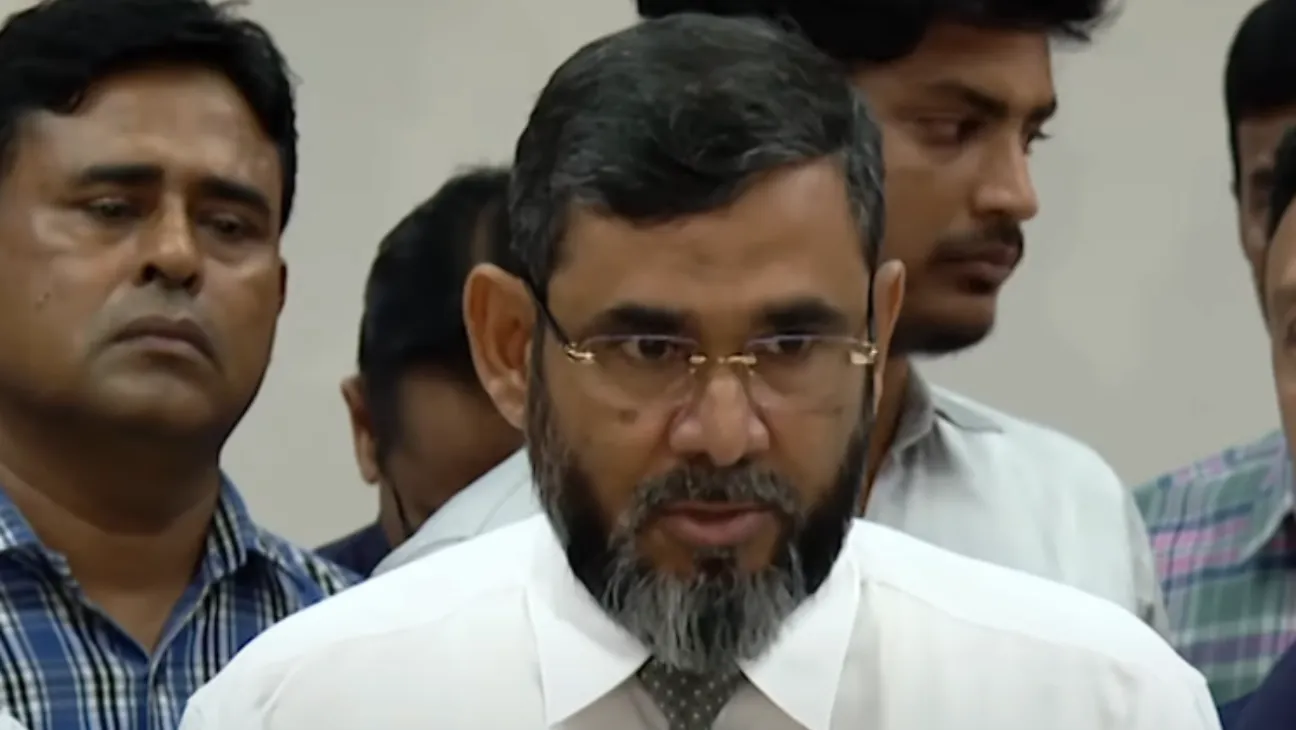The Election Commission of Bangladesh is moving to ban physical posters in political campaigns ahead of the next national election.
The proposal is part of the draft “Code of Conduct 2025,” which was finalized during the commission’s seventh meeting on Thursday.
Under the draft, political parties and candidates will not be allowed to use printed posters during election campaigns. Instead, they may use digital platforms to reach voters.
Banners, festoons, and billboards are still allowed. But these must follow size and placement guidelines.
The commission has also proposed stricter controls for social media campaigning. Foreign-funded promotions will not be allowed under any condition.
Waste, violations, and violence
Campaign posters have long been a point of contention in Bangladesh’s elections.
Posters often cover public walls, block emergency notices, and pile over each other on city streets. Despite existing laws, these practices continue largely unchecked.
The issue has even sparked clashes between supporters of rival candidates. Now, the commission says it’s time to put a stop to the waste and disorder.
“We have agreed to remove poster use entirely,” Election Commissioner Md. Alamgir Sanauallah said.
He said the reform was part of broader changes to reduce campaign excess and keep streets clear.
Higher fines, greener rules
The draft code introduces stronger penalties for breaking campaign rules.
Fines for violations could now reach Tk 150,000. Previously, the maximum fine was only Tk 500.
Repeat or serious violations can still lead to disqualification, as before. The draft also pushes for more environmentally safe practices.
Use of public property for campaign materials is banned. Candidates must stick to eco-friendly materials, the commission says.
Boundary decisions and legal changes
In the same meeting, the Election Commission discussed plans for redrawing parliamentary boundaries.
Sanauallah said a final decision on seat boundaries may come by the end of next week.
He mentioned there might be further changes to the code of conduct.
“We welcome feedback from everyone involved,” he added. “Some changes could come after further discussion.”
He noted that revisions to the RPO might influence the enforcement of the new code.
For now, the commission plans to consult more groups before making the final version public.









